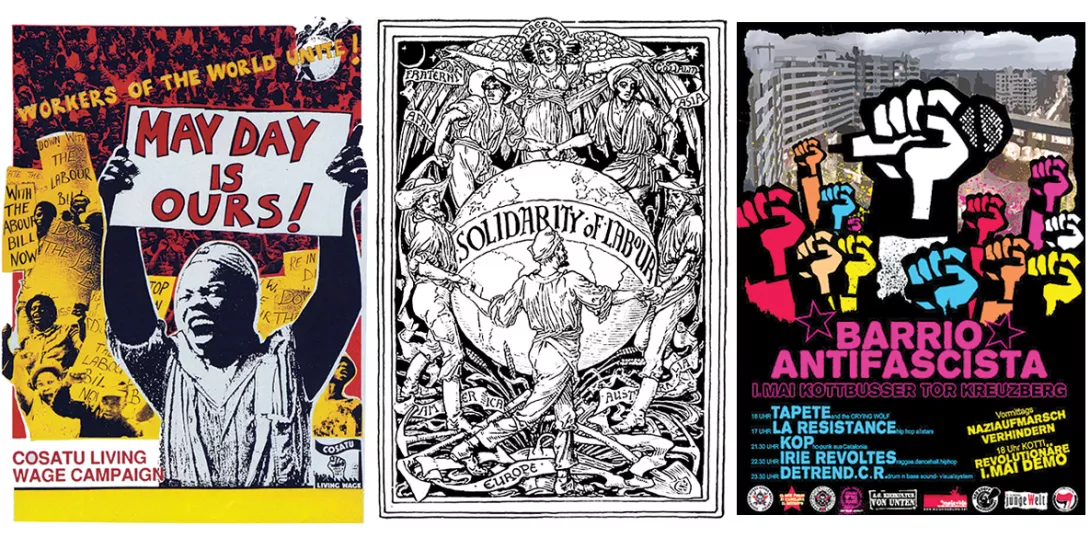The proxy war in Ukraine is heading to a denouement with the US and Russia dividing the spoils while the European powers stand bewildered by events they have been wilfully blind to, says KEVIN OVENDEN
Seeking a future of empowerment and hope
SOPHIE HOUGHTON explains why young workers are organising and winning in the workplace

YOUNG workers today are channelling their frustration into action, refusing to be sidelined any longer.
Data reveals that those under 35 are increasingly dissatisfied with current political systems, spurred by years of unmet promises.
This generation is ready to fight for change, viewing socialism as a beacon of hope in a capitalist society that has consistently let them down.
More from this author
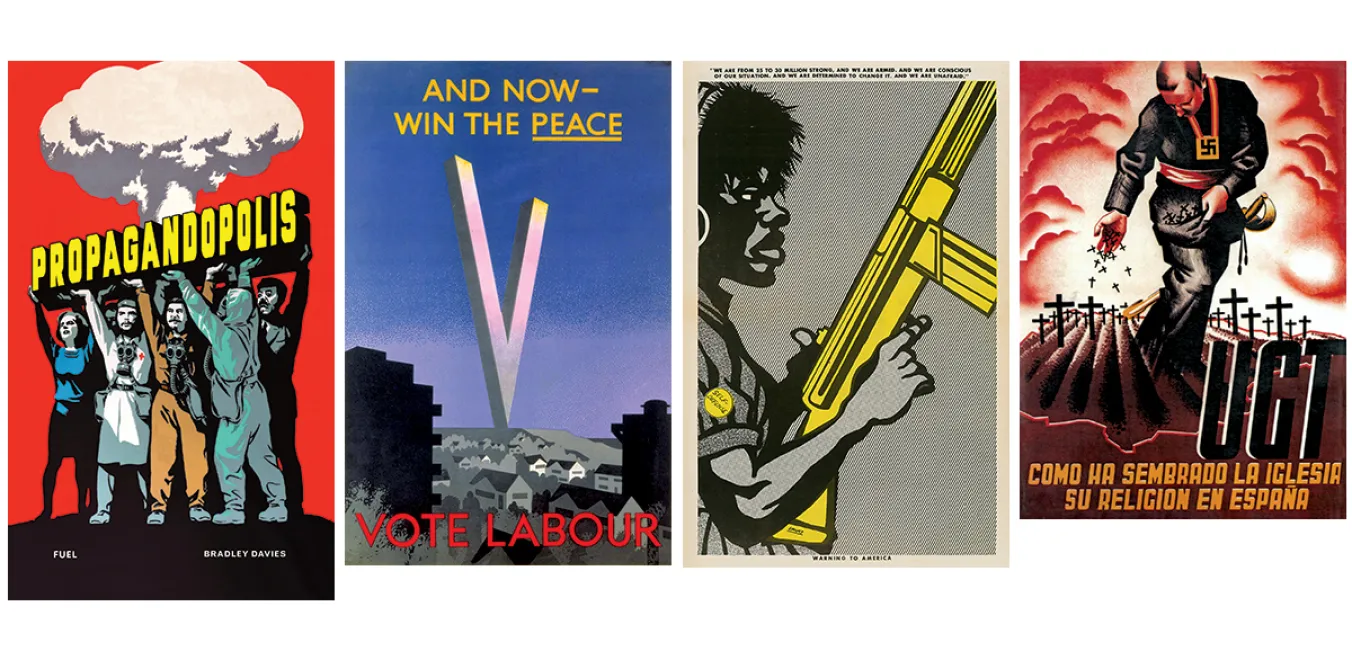
MICHAL BONCZA recommends a compact volume that charts the art of propagating ideas across the 20th century

MICHAL BONCZA reviews Cairokee gig at the London Barbican
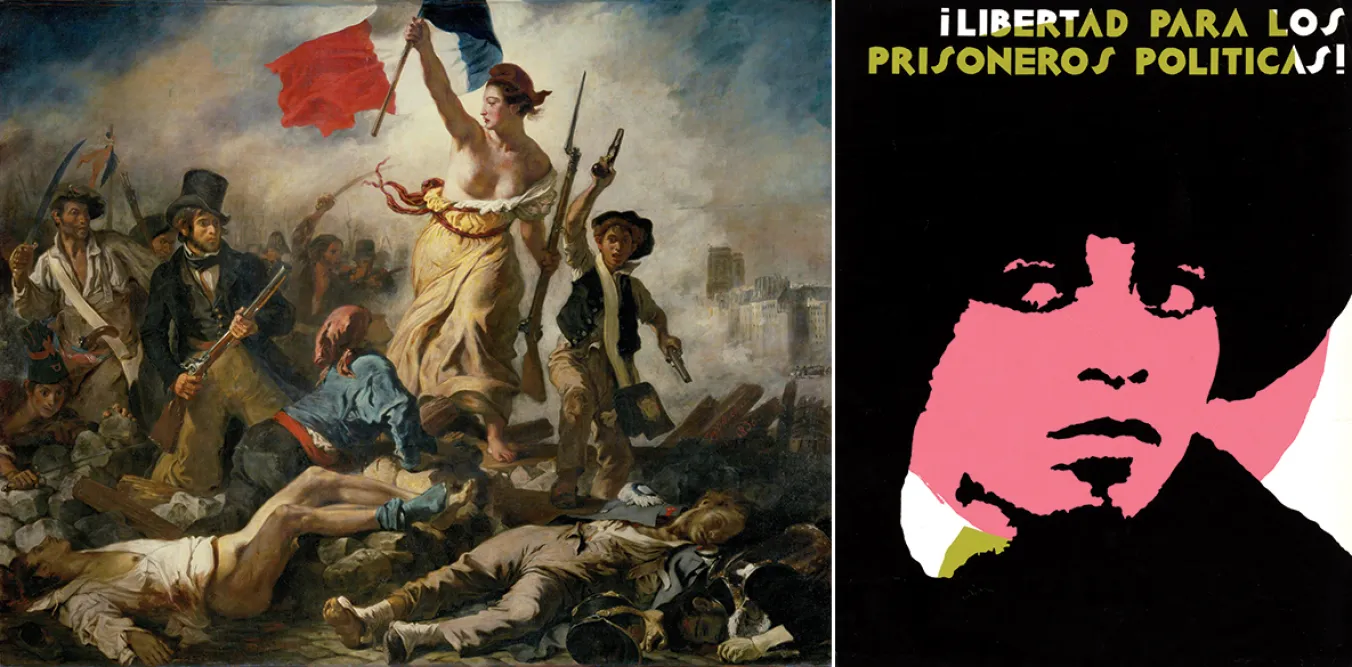
MICHAL BONCZA rounds up a series of images designed to inspire women
Similar stories

Metalworkers' leader MAZIAR GILANINEJAD talks to Codir about his union’s fight for better working conditions in the perilous oil and gas sector and the Iranian government's collusion with ‘oil mafia’ contractors
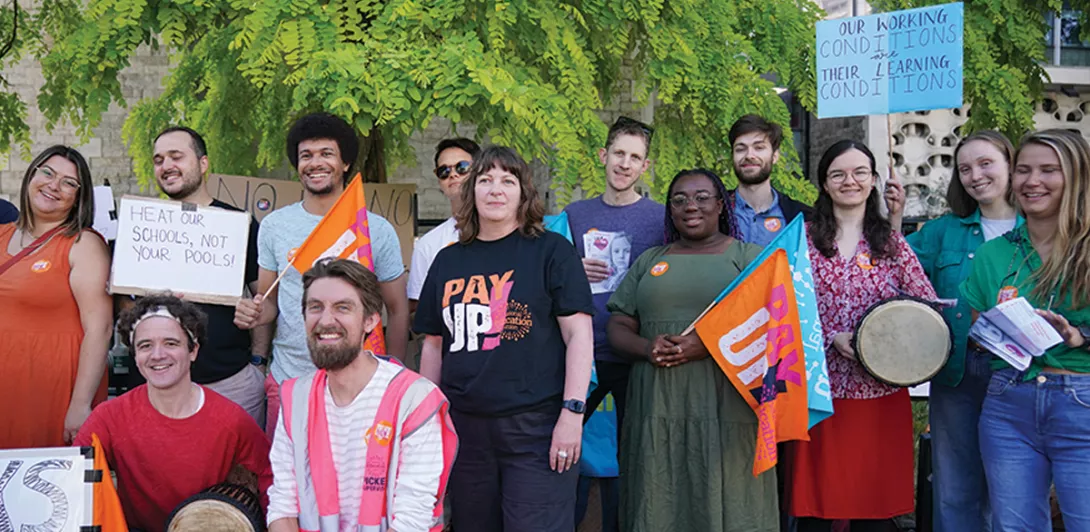
ROBERT POOLE dissects Labour’s plans around education
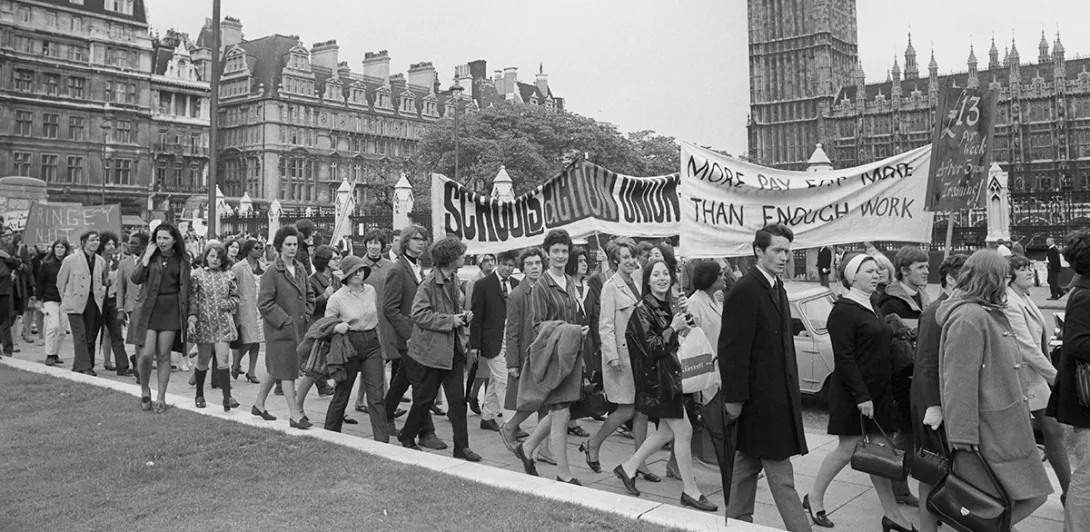
SARAH GREEN recalls the history of the union and tradition of militancy and industrial unity
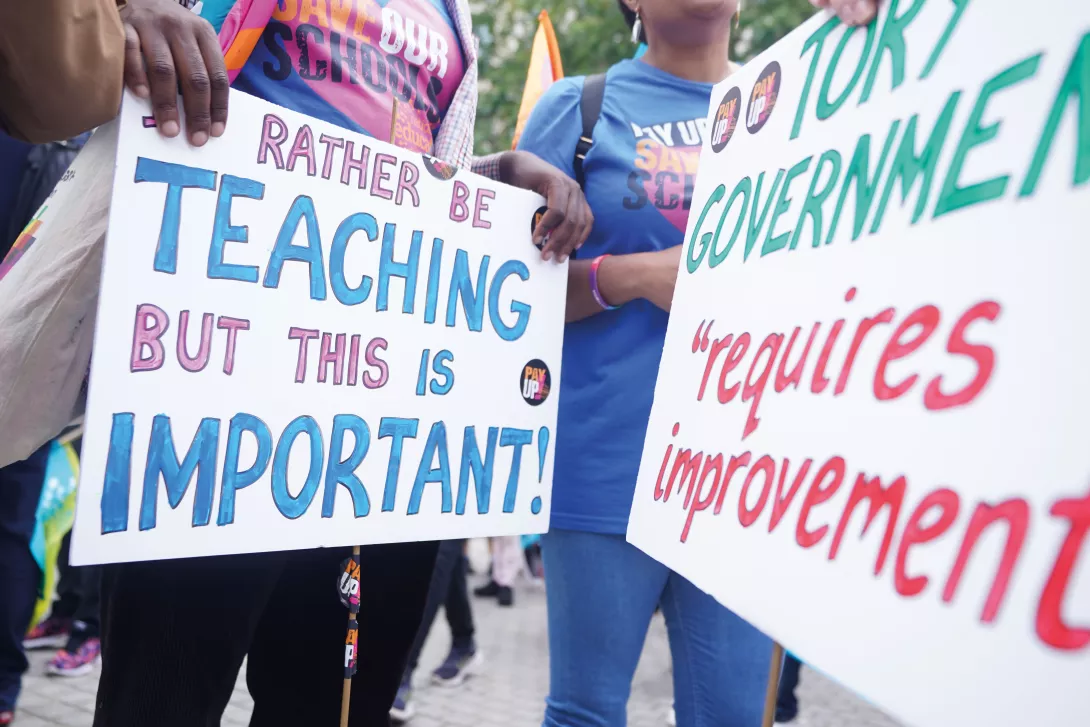
As the NEU meets for its annual conference, teacher and union rep ROBERT POOLE reflects on the most intense period of industrial action in his teaching career










